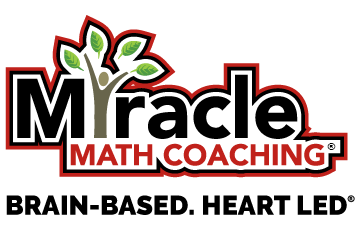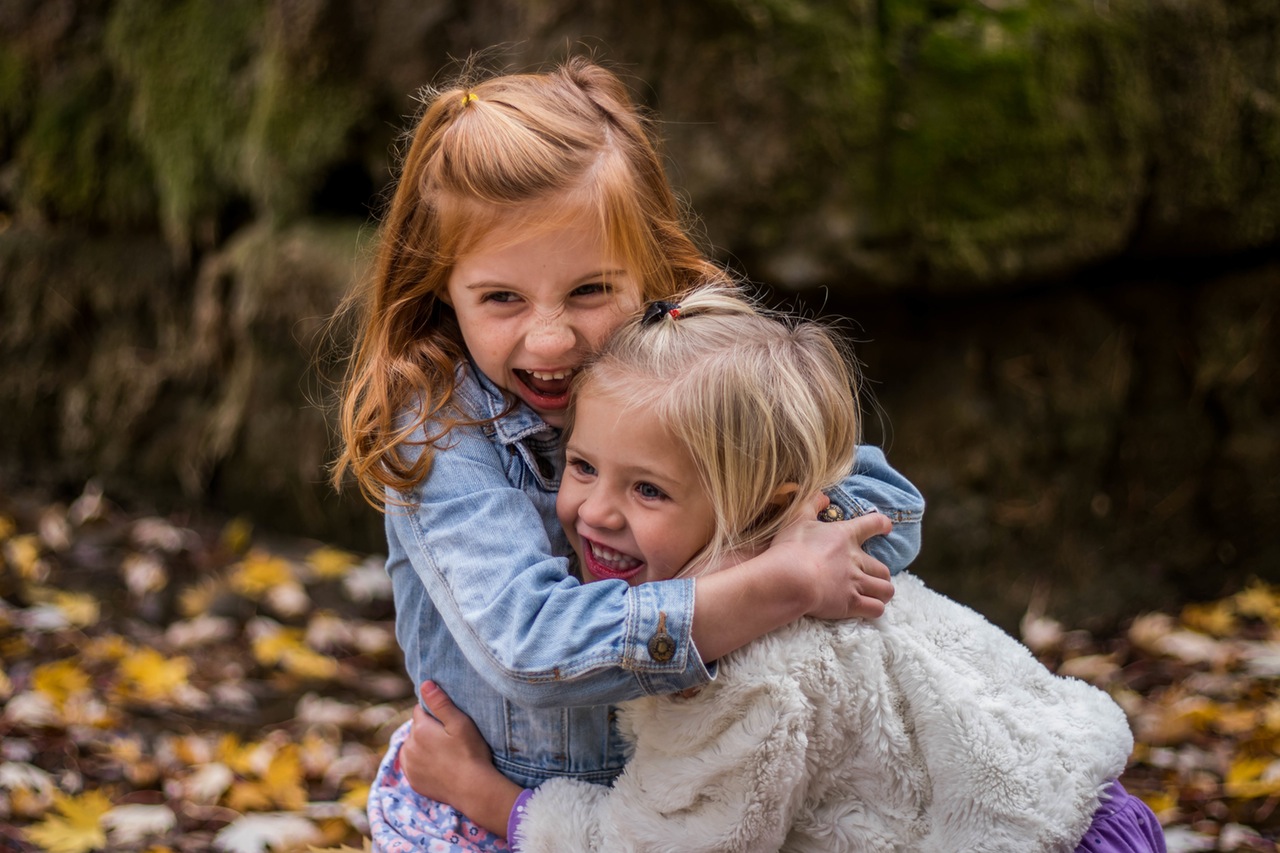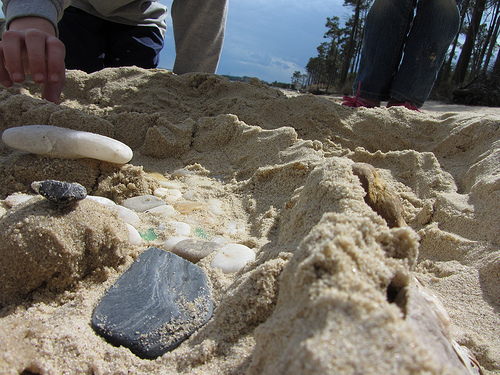Gratitude Increases Brain Performance
Is your child struggling, academically? Do you find that your child feels frustrated and defeated? Do you find your child sulking in their own self-pity because they are unable to grasp the skills and concepts presented to them?
If you answered “yes” to any or all of these questions, you will be pleased to know that there is a positive, productive approach to solving these commonly-experienced issues.
The secret? It is gratitude.
What is gratitude? It is simply experiencing a high level of appreciation for what a person receives – be it tangible or even intangible.
According to research in the field of psychology, gratitude is directly associated with higher levels of happiness, self-esteem, and productivity. In order for a child to be appreciative for that which they receive, they must be given something to be thankful for; in the case of academic decline, that would be an effective learning environment, strong parental support, educational coaching and/or tutoring, and positive reinforcements. In the end, the gratitude that they child experiences will lead to higher levels of brain performance.
How Does Gratitude Improve the Brain?
In late 2012, Psychology Today released an article called “The Grateful Brain”. In this, the author expounds on the fact that gratitude directly affects the hypothalamus in the brain. This region is directly responsible for eating, for sleeping, and for the creation and release of the neurotransmitter, dopamine. Dopamine is often referred to by medical professionals as the “reward neurotransmitter”.
When an individual experience gratitude, their overall physiological and psychological health is positively impacted. When working with your child in their academics, it is important to provide them with support, encouragement, and motivation. They will feel as if their efforts are recognized and appreciated.
Then, the child will continue to put forth an immense degree of effort in order experience that burst of appreciation within the body.
The Creation of a Better Student
Today, children are taught at an ever-increasing pace. Lessons, modules, and tests are given quickly. Not only can a struggling child suffer as a result of this, they may not grasp the skills and concepts being presented to them. If the child feels overwhelmed, they will not feel any level of gratitude.
In fact, they will experience an instant dislike for academics and may experience many less-than-favorable emotions and feelings. However, if the child’s efforts are recognized and their mistakes are viewed as positive stepping stones to their overall success, they will become more appreciative in that which they are performing.
Gratitude bestows gratitude. It is as simple as that.
Have you ever sincerely expressed your appreciation to another person for being them? If so, you probably saw that person exhibit gratitude in response to your appreciation for them. The same concept applies here.
If you are appreciative of your child, their inability to comprehend, their mistakes, and their successes, they will start deeming the educational/learning process as more exciting. They will appreciate the experience – as a whole.







